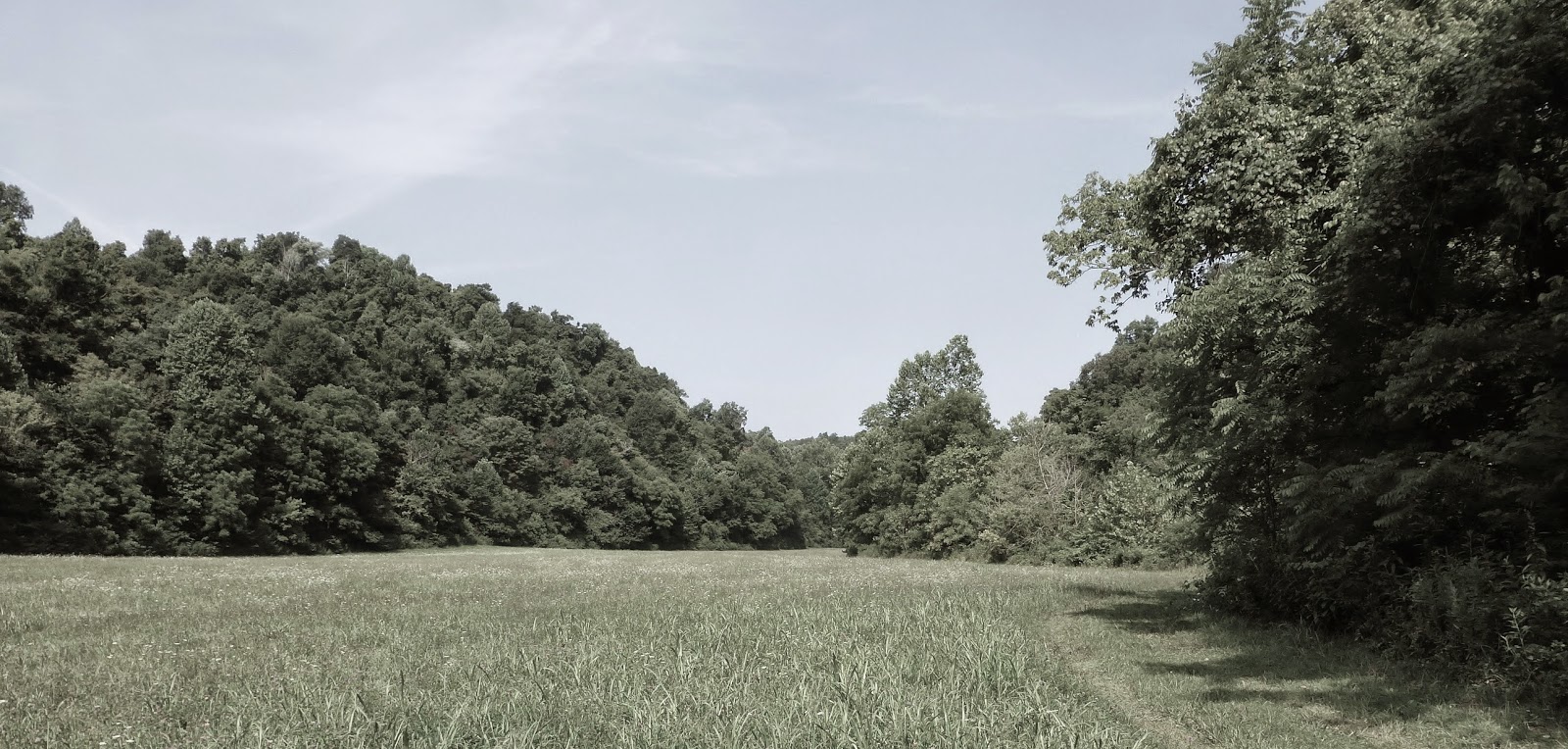A great road trip is a marriage of
adventure, scenery, history and reflection coupled with good meals, sweeping
curves and a visit to a local bookstore.
Travelling Kentucky’s Bourbon Trail found us in the boyhood
country of Abraham Lincoln. Local history tells us that Thomas Lincoln owned
farmland near Sinking Springs, where the future president would be born. But records of the day were scant and the
old man lost that property in a dispute with someone else.
Young Abe’s early home on the banks of Knob Creek reinforced
those log cabin notions we grew up with.
Scanning the pastoral draw, the National Park Service docent reports
that Lincoln nearly drown in a swollen Knob Creek and that Lincoln’s infant
brother Thomas was born there and died within days of his birth.
The pleasant mid-summer weather that greets us, opined the
docent, belies the wicked winters that are common to the region. One can only imagine the family of
Thomas Lincoln huddled in the tiny cabin against the ice storm, praying the
stores of firewood, grain and dried meats would last until the thaw.
Back at Sinking Spring, a memorial constructed on the site
of Lincoln’s birthplace reminds us that from the humblest of beginnings, great individuals
emerge. The Park Service maintains
Sinking Spring and the surrounding grounds. Constructed inside a marble building similar to the memorial
in DC is a replica of Lincoln’s cabin-of-birth.
The memorial was commissioned on the hundredth anniversary
of Abraham Lincoln’s birth, with signatories to the project including Theodore
Roosevelt, William Howard Taft and Samuel Clemens. The associated visitor’s center captures not only the essence
of his frontier childhood but also the heart of his strength and character.
Having assumed leadership roles
during my education career, I could not avoid picking up Donald Phillips book
“Lincoln on Leadership.” A
brilliantly readable text, Phillips provides context to some of Lincoln’s most
sublime statements, ending each chapter with principles the President employed
as he guided a tenuous ship of state through the most uncharted of waters. His ability to translate a global
picture into words easily consumed by the intended audience proved to be
Lincoln’s essential gift to our fractured nation.
We think of our times as tough. But when we honestly reflect on the era in which Mr. Lincoln
was raised and the issues with which he had to find resolution, we can’t help
but regard our times as posh, in comparison, and our self-created issues and
imminently solvable: if only we lifted the level of discourse to the heights
touched by the young boy from Kentucky who nearly drowned in Knob Creek.
Resource:
“Lincoln on Leadership.” Donald T. Phillips.
Business Press (a Hachette imprint – so don’t try finding it on Amazon.)
1992. $15.
© 2014
Church of the Open Road
Press






No comments:
Post a Comment